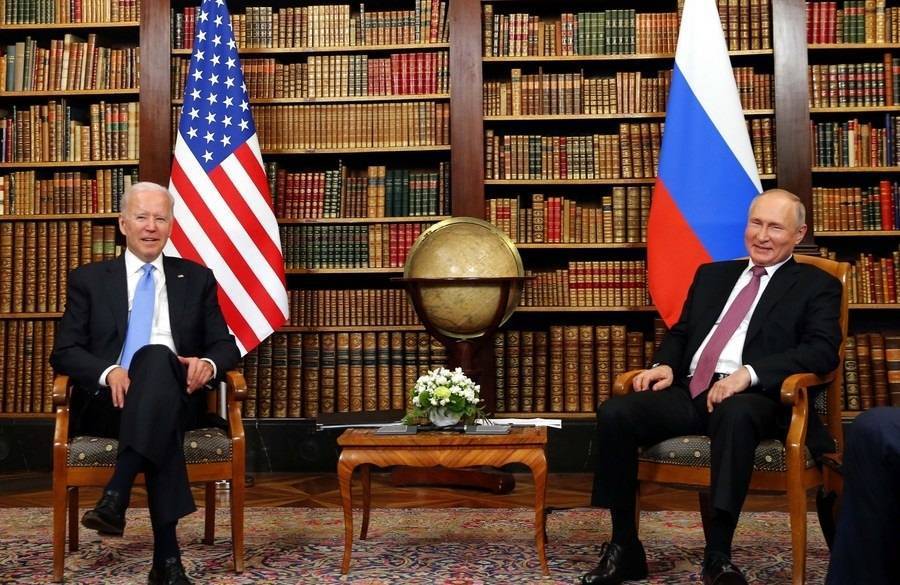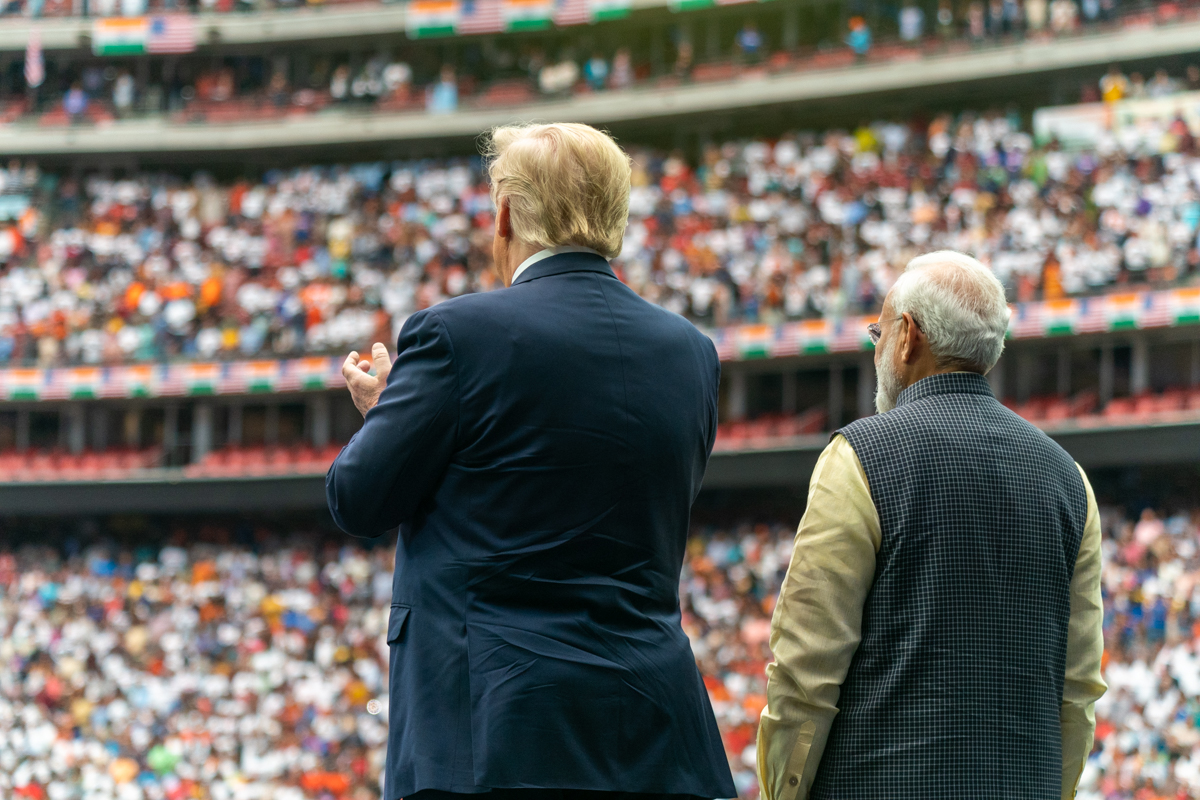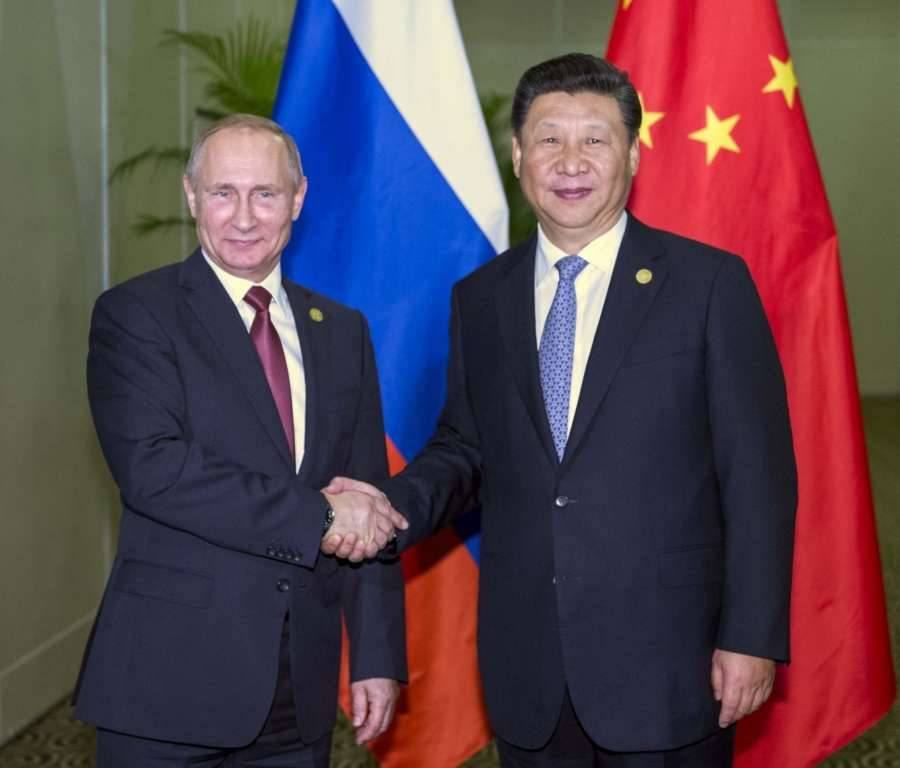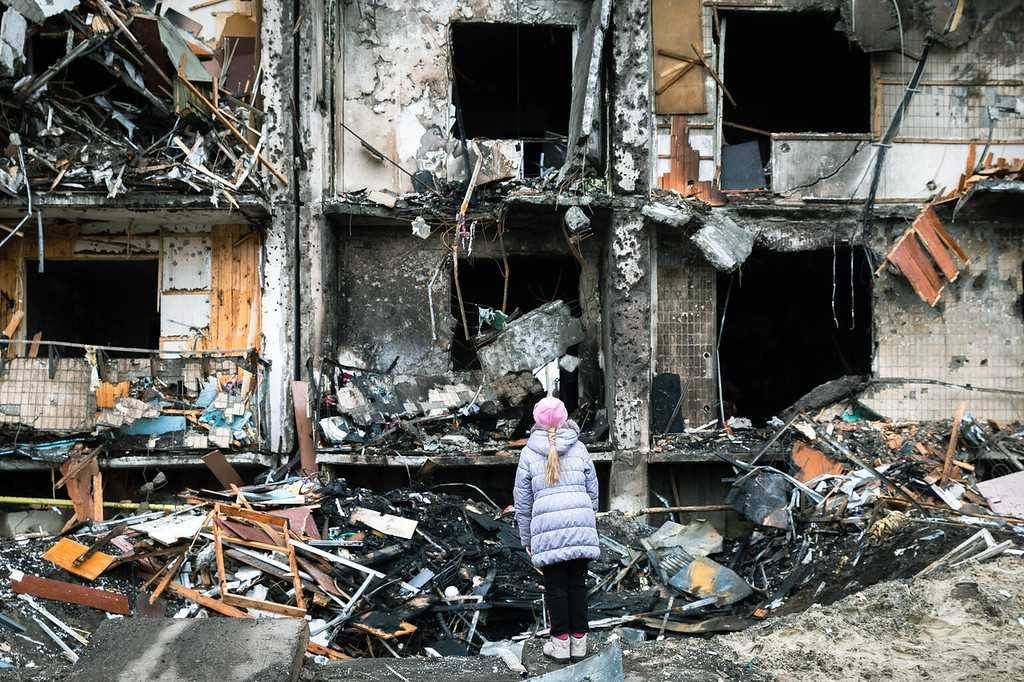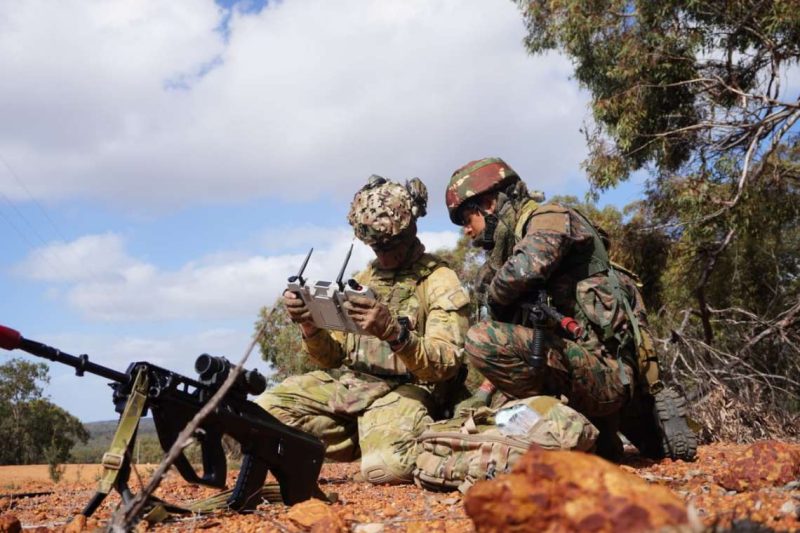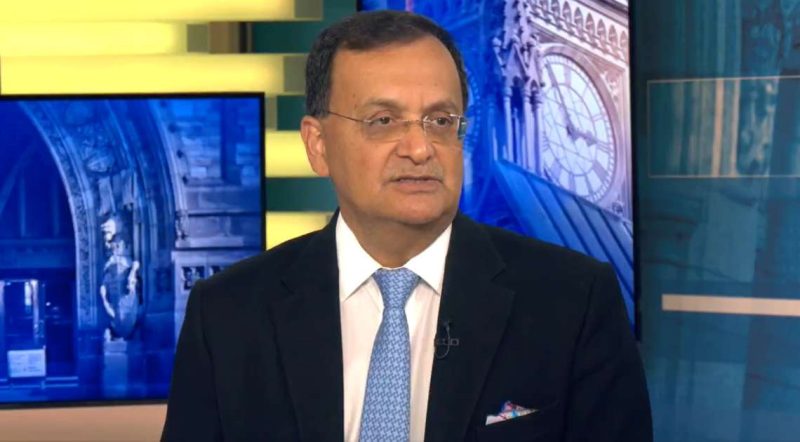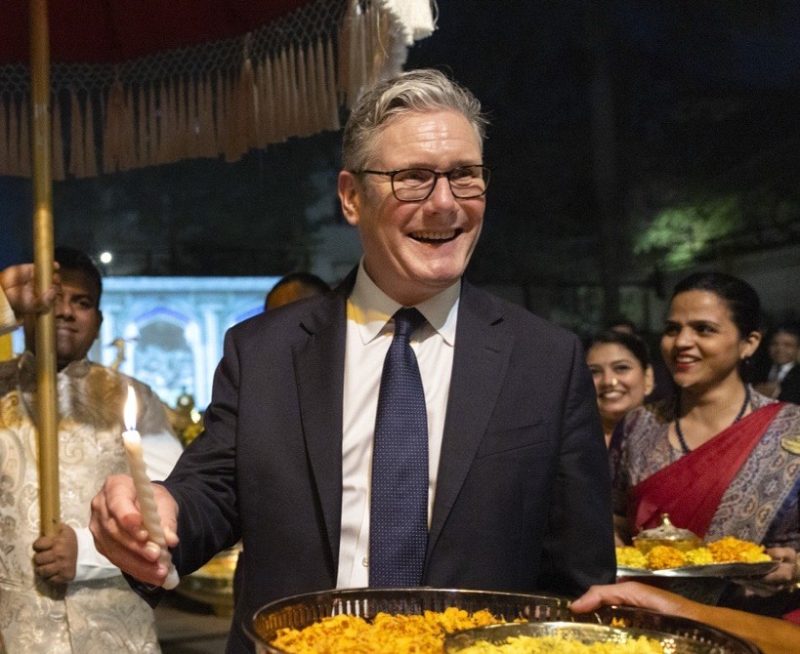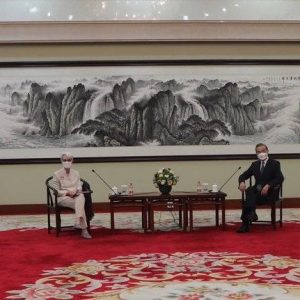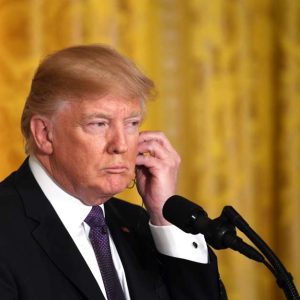Even as he was strongly condemning Russia, US President Joe Biden ruled out sending US troops to Ukraine. We have seen this happen earlier – in Syria, in Libya, more recently in Afghanistan – supply enough weapons, resources to keep the conflict simmering, but that is never enough to ensure victory. And the result – destruction, devastation, and deaths of ordinary people, writes Aditi Bhaduri
After all the war mongering and rhetoric emerging from Western capitals, Ukraine found itself left alone to face the military might and wrath of Vladimir Putin’s Russia. Even though the angry words and condemnation were predictable, and in spite of all those forecasts of war for months, no western country, NATO or otherwise has come to Ukraine’s support. Even as he was strongly condemning Russia, US President Joe Biden ruled out sending US troops to Ukraine. We have seen this happen earlier – in Syria, in Libya, more recently in Afghanistan – supply enough weapons, resources to keep the conflict simmering, but that is never enough to ensure victory. And the result – destruction, devastation, and deaths of ordinary people.
Ukrainian President Volodymyr Zelensky realized this. On Friday, in an emotional video address to his nation he said: “We have been left alone to defend our state……..Who is ready to fight alongside us? I don’t see anyone. Who is ready to give Ukraine a guarantee of NATO membership? Everyone is afraid,” he added.
Therefore it remains a puzzle why Zelensky felt so confident about continuing the confrontation with Russia.
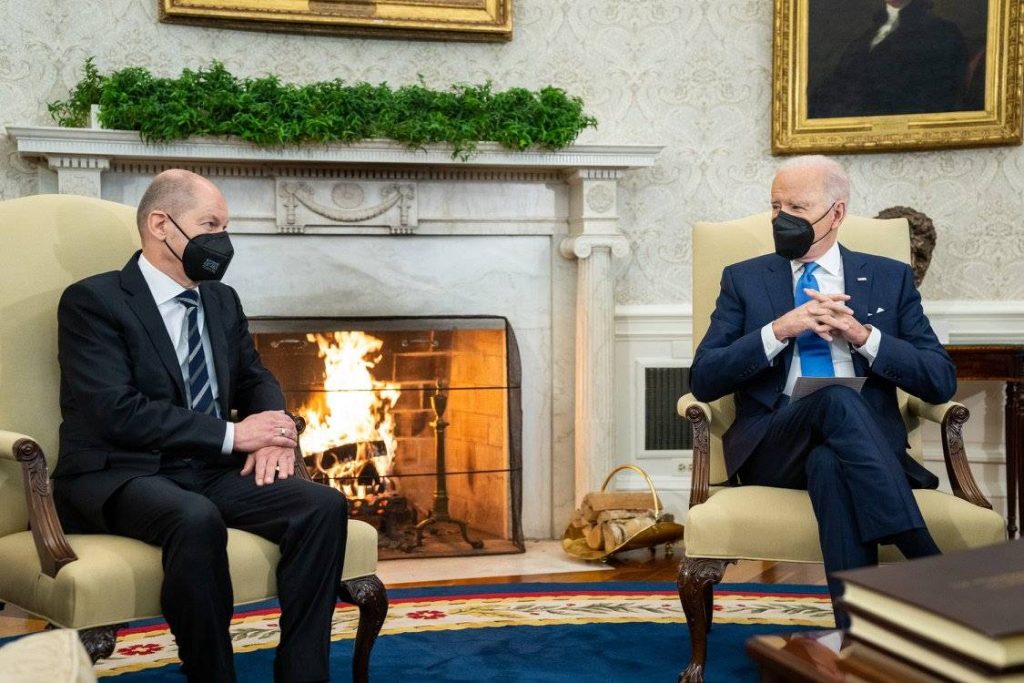
But, as they say, no use crying over spilt milk. We do not know how events will unfold further, Putin has appealed to the Ukrainian military to overthrow the regime in Kyiv, and reports filtering in say Ukraine is ready to negotiate for its status as a “neutral” country in relation to NATO, becoming possibly in future, a bridge between Eastern and Western Europe.
But what Russia’s military intervention in the Ukraine also demonstrates is the limits of western power. In his address follow Russia’s moves, President Biden said “Putin will be a pariah on the international stage”.
The reality currently is not quite so.
That countries like Syria, Venezuela, Cuba, Iran came out in defence of Russia was expected. That China would oppose the western condemnation of Russian action or would abstain from voting on the US-Albania sponsored UNSC resolution condemning Russia’s actions in Ukraine was also not surprising, though perhaps more was expected in favour of Russia, given their tight embrace of each other.
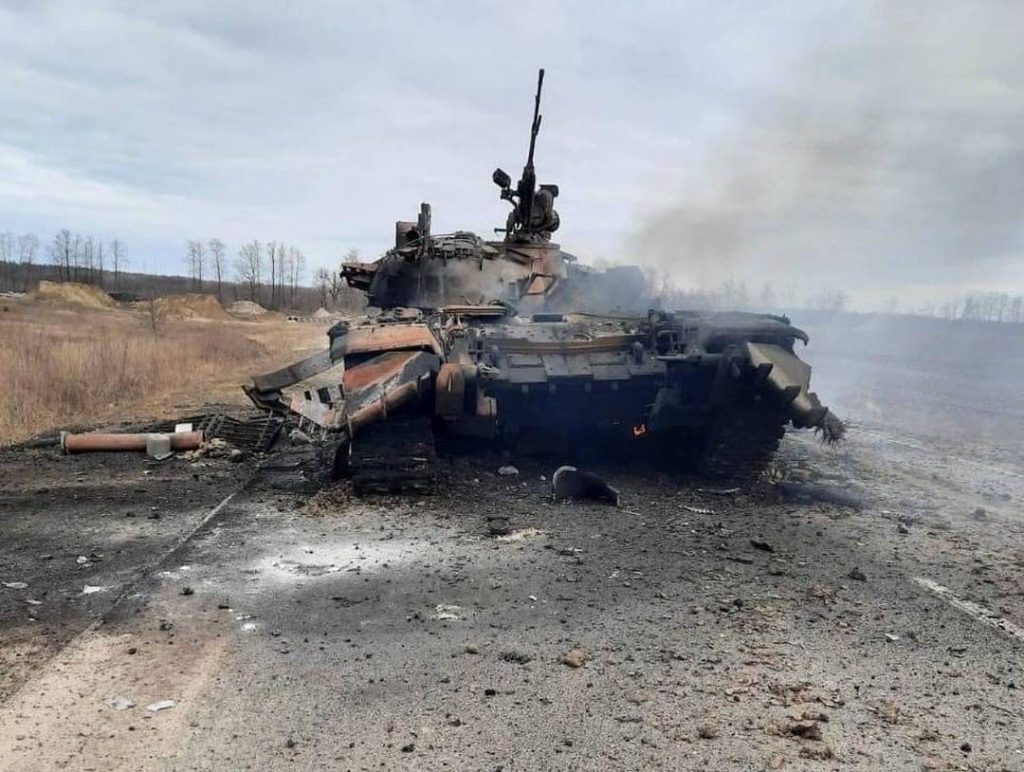
But NATO itself is divided, though united in their condemnation of Russia. No one is ready to do what the Ukrainians demand – NATO troops, excluding Russia from SWIFT, breaking off diplomatic ties with it. The US, France, Germany have all expressed their desire to not enter into a military conflict with Russia. Germany is already thinking of an alternative payment system for Russian energy.
Turkey, another NATO member, which has been pursuing close military cooperation with both Russia and Ukraine, refused Ukraine’s request to close the Dardanelles and Bosporus Straits to Russian warships accessing the Black Sea through them. Turkey has also opposed imposing economic sanctions on Russia.
Even in Russia’s near abroad, its adversaries like Georgia, which in 2008 had faced a fate similar to what Ukraine is facing now, has refused to support Western sanctions against Russia.
Pro-west Azerbaijan had just concluded an alliance with Russia on the eve of Russia’s military intervention in Ukraine.
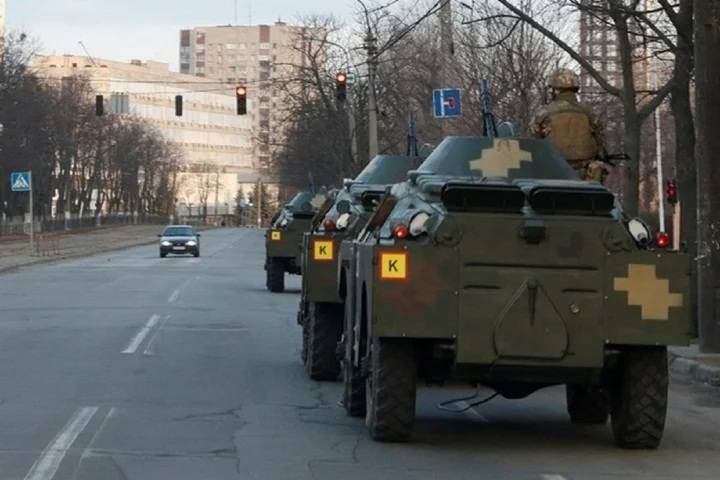
And what of the other powers?
India clearly demonstrated which side it was when it abstained from voting on the US-Albania sponsored UNSC resolution condemning Russia’s actions in Ukraine. India’s action came at a particularly sensitive time for it when on one hand it still feels the possibility of being sectioned by the US under CAATSA for its procurement of Russia’s S400 missile system, and on the other faces a hostile China on its borders. India has till now refused to condemn Russia, mouthing the tired platitudes of calling for restraint, urging the parties back to the negotiating table and so on.
Israel, another close ally of the US, with ties to both Russia and the Ukraine also offered a tepid response to Russia’s military assault on Ukraine. It had initially refused to name Russia by name after the latter declared recognition of independence of Donetsk and Lugansk regions; after 24th February when Russia launched military assault on Ukraine, Israel has called out Russia but on what is being widely seen and interpreted as a “reluctant condemnation”.
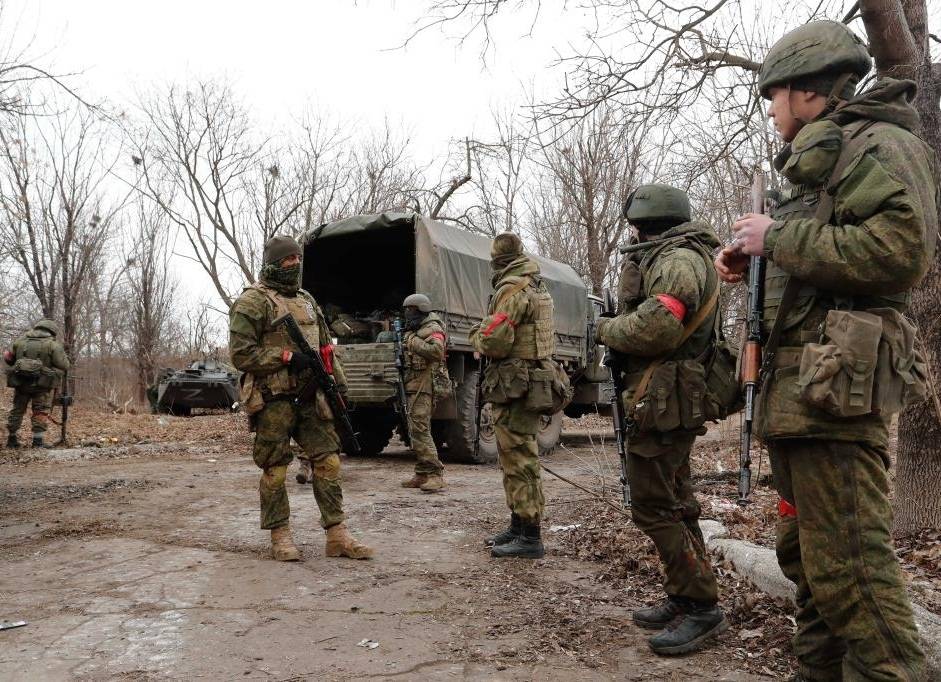
The UAE which is also serving on the UN Security Council currently as a non- permanent member also abstained, along with India and China, from voting on yesterday’s resolution condemning Russia. In fact, just a day after Russia announced official recognition of the independence of Ukraine’s breakaway regions of Donetsk and Luhansk, UAE Minister of Foreign Affairs Sheikh Abdullah bin Zayed al Nahyan and his Russian counterpart Sergei Lavrov held a telephone call in which “Sheikh Abdullah bin Zayed al Nahyan stressed the depth of friendship between the UAE and Russia, and the two countries ‘ leadership, and highlighted the keenness to enhance the prospects of UAE-Russian cooperation across various fields for the higher good of their peoples” the Emirates official news agency WAM reported.
Saudi Arabia, another once close US ally has refused US requests to increase oil supplies in spite of spikes in global oil prices following Russias moves in Ukraine, something, which if it continues will allow Russia to make up for lost revenue should its gas supplies to Europe cease.
Even Qatar, which hosts US Central Command at its Al Udeid air base and whose Emir Sheikh Tamim bin Hamad al Thani recently visited the US and was designated a major non-NATO ally has pleaded inability to provide gas to make up the shortfall in gas supplies from Russia to Europe.
What does this reflect?
Not just the credibility of the US and its Western allies, but their influence too is on the wane in regions across the globe. Time will tell how the war pans out, but it seems it is not just affection for Russia, but the growing realization of the limits of western power that is determining the response of states to the Ukraine crisis.
(Aditi Bhaduri is a columnist specialising in Eurasian geopolitics. Views expressed are personal and exclusive to India Narrative)


